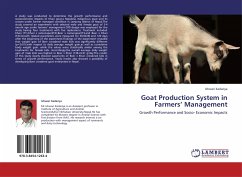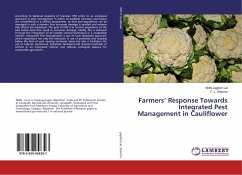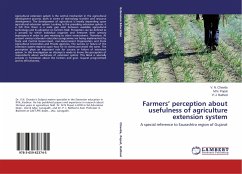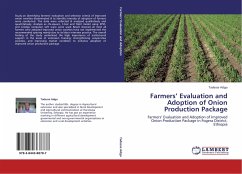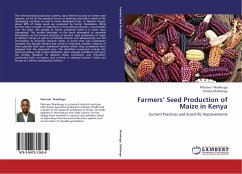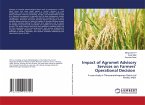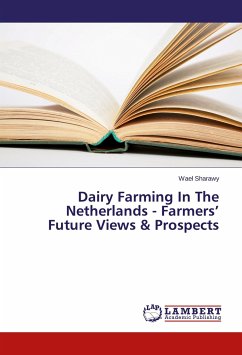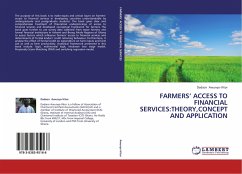A study was conducted to determine the growth performance and socioeconomic impacts of Khari goat,a Nepalese indigenous goat and its crosses under farmer managed condition in Lamjung district of Nepal.The study covered an experiment with selected male and female goat of 3-4 month age under farmers management.CRD design was employed for the study having four treatments with five replications. Treatment included Khari (T1),Khari x Jamunapari(T2),Boer x Jamunapari(T3,and Boer x Khari (T4).Growth related parameters were measured for 30,60,90 and 120 days after the beginning of the experiment.Findings of the experiment revealed that weight gain of Boer crossbred male kids was significantly different (p0.01),with respect to daily average weight gain,as well as cumulative body weight gain. while the values were statistically similar among the treatments for female kids. Accordingly,the overall average daily weight gain of male kids was highest in Boer x Khari (136±0.01 g/day.The resultsof this study clearly showed superiority of Boer x Khari crossbred kids in terms of growth performance. Study results also showed a possibility of developing Boer crossbred goat enterprises in Nepal.
Bitte wählen Sie Ihr Anliegen aus.
Rechnungen
Retourenschein anfordern
Bestellstatus
Storno

